






5-Star Service, Trusted & Loved by Hundreds
Your Appraiser Search Ends Here
Your Appraiser Search Ends Here
.avif)

Nationwide Coverage – Appraisals Anywhere in the US

Get it done Onsite or Online

Any Asset, Covered

Defensible for Any Purpose
Frequently Asked
Questions
No Frequently Asked Questions Found.
An independent appraisal provides an objective, credible valuation that meets strict IRS guidelines. This detailed assessment examines the item's condition, market comparables, and intrinsic characteristics to determine its fair market value. By obtaining a professional evaluation, donors create a robust defense against potential audit scrutiny and ensure they're accurately representing their charitable contributions.
The appraisal serves multiple critical purposes. It helps taxpayers comply with IRS regulations, prevents potential penalties from misreporting, and provides transparency for both donors and receiving charitable organizations. Different types of property—whether artwork, vehicles, real estate, or other significant assets—often require specialized valuation approaches that a qualified appraiser can expertly navigate.
Beyond regulatory compliance, a well-documented appraisal supports the broader mission of charitable giving. It allows non-profit organizations to accurately record and understand the true value of in-kind donations, enhancing their financial reporting and demonstrating the tangible impact of charitable contributions.
Most importantly, a professional appraisal protects the donor's interests. It provides a credible, independent assessment that can withstand potential IRS review, giving taxpayers confidence in their charitable deduction claims. By investing in a thorough, professional valuation, donors can ensure their generosity is both recognized and properly documented.
The process involves a systematic approach that considers multiple critical factors. Appraisers carefully evaluate each piece of equipment, examining its technological specifications, current market conditions, physical condition, and potential functional utility. They analyze the equipment's age, technological relevance, operational status, and overall performance capabilities to generate an accurate valuation.
Key considerations during the appraisal include detailed documentation of the equipment's make, model, serial number, and maintenance history. Appraisers conduct thorough market research to understand current demand, technological trends, and comparable sales in the scientific equipment marketplace. They assess the equipment's condition through rigorous inspection, determining its operational integrity and potential remaining useful life.
Multiple valuation methodologies may be employed, including cost approach, sales comparison, and income-based strategies. These techniques allow for a comprehensive assessment that considers replacement costs, current market values, and potential revenue generation capabilities.
Professional lab equipment appraisals serve critical functions across various sectors, including research institutions, pharmaceutical companies, educational facilities, and biotechnology organizations. They provide essential insights for financial reporting, strategic planning, insurance documentation, and potential transaction considerations.
The true value of a professional appraisal lies not just in generating a number, but in offering a comprehensive understanding of scientific assets that supports informed decision-making and strategic asset management.
Appraisers can now collect detailed information through multiple digital channels, including high-resolution photographs, comprehensive documentation, and interactive video consultations. This approach is particularly advantageous for stationary or complex equipment that may be challenging to relocate or physically inspect.
Advanced digital methods allow professionals to thoroughly examine equipment specifications, condition, age, and market value with remarkable precision. Live video conferencing platforms enable real-time interactions, where appraisers can conduct detailed visual assessments and ask targeted questions about the equipment's history and functionality.
The digital appraisal process offers significant benefits for laboratories, research institutions, and businesses with equipment distributed across multiple locations. By minimizing logistical constraints, these online approaches provide flexibility, reduce assessment time, and maintain the highest standards of professional evaluation.
Qualified appraisers utilize sophisticated techniques to ensure accurate valuations that reflect current market conditions, technological relevance, and specific equipment characteristics. Their expertise guarantees a comprehensive and reliable assessment that meets professional industry standards.
General lab equipment appraisers maintain broad competencies, capable of evaluating diverse instruments ranging from basic microscopes to sophisticated analytical equipment. Their comprehensive understanding allows them to provide holistic assessments that consider technological complexity, market demand, and current operational condition.
Specialized appraisers delve into specific scientific domains, developing nuanced expertise in particular equipment categories. Medical diagnostics, biotechnology, pharmaceutical research, and industrial quality control represent key areas where these professionals demonstrate exceptional technical acumen. Their targeted knowledge enables precise valuations that account for intricate technological specifications and industry-specific performance standards.
Industrial and regulatory-focused appraisers bring additional layers of complexity to equipment assessment. They integrate deep understanding of compliance requirements, safety standards, and operational protocols into their valuation methodologies. For organizations operating in highly regulated environments, these professionals provide critical insights that extend beyond monetary value.
Forensic equipment appraisers occupy a unique niche, understanding the specialized requirements of investigative laboratories. Their assessments consider not just monetary value, but also critical factors like evidentiary integrity, precision instrumentation, and specialized technological capabilities.
Each appraiser type contributes distinctive perspectives, ensuring comprehensive and accurate equipment valuations that support strategic decision-making across scientific and industrial sectors.
Financial clarity stands as a primary benefit of professional equipment assessment. Precise valuations enable accurate financial reporting, support tax compliance, and provide critical documentation for insurance purposes. Organizations can optimize their asset management strategies by understanding the true market value and depreciation trajectory of their scientific instrumentation.
Equipment appraisals become particularly crucial during significant business transitions such as mergers, acquisitions, or strategic equipment sales. They offer an objective, professionally validated perspective on asset worth, facilitating transparent negotiations and informed decision-making. For research institutions and corporate laboratories, this means maintaining financial integrity while supporting strategic planning.
Insurance and risk management represent another vital consideration. Accurate equipment valuations ensure appropriate coverage levels, protecting organizations from potential underinsurance or unnecessary premium expenditures. In scenarios of loss or damage, a credible appraisal expedites claims processes and supports fair compensation.
Legal scenarios also benefit significantly from professional equipment assessments. Whether addressing estate planning, partnership dissolutions, or asset divisions, a meticulously documented appraisal provides an impartial benchmark for determining equipment value.
Beyond immediate financial implications, equipment appraisals offer strategic insights into technological infrastructure. They help organizations understand depreciation patterns, plan capital expenditures, and make informed decisions about equipment upgrades or replacements.
Ultimately, a comprehensive lab equipment appraisal transcends simple monetary evaluation. It represents a strategic tool that empowers organizations to make data-driven decisions, maintain financial transparency, and optimize their technological investments.
Understanding IRS Form 8283
IRS Form 8283 is specifically designed for individuals and organizations that wish to claim a deduction for non-cash charitable contributions, including lab equipment. This form provides the IRS with essential information about the donated items, including their fair market value and a description of the property. It is important to note that this form must be completed when the total deduction for all donated items exceeds $500, making accurate appraisals crucial for compliance and transparency.
When it comes to lab equipment, the appraisal process involves assessing the age, condition, and functionality of the equipment in order to establish its fair market value. This value represents the price that the item would sell for on the open market between a willing buyer and seller. It's essential that the appraisal be conducted by a qualified professional with expertise in valuing lab equipment, as improper valuations can lead to tax complications or potential penalties from the IRS.
In addition to the requirements for appraisals, Form 8283 also stipulates the necessary documentation that must accompany your submission. This includes a signed appraisal report, detailing the qualifications of the appraiser and the methods used to determine value. Properly completing Form 8283 with a thorough appraisal not only ensures compliance with IRS regulations but can also provide peace of mind that you are accurately representing the value of your contributions.
What is a Lab Equipment Appraisal?
A lab equipment appraisal is a professional evaluation of laboratory assets to determine their fair market value. This process is essential for various purposes, including compliance with IRS regulations, insurance coverage, and asset documentation for financial reporting. When conducting an appraisal, qualified appraisers assess the equipment's condition, age, capabilities, and market demand, which helps ensure an accurate valuation.
In particular, lab equipment appraisals are crucial for IRS Form 8283, which is used for reporting non-cash charitable contributions. The IRS requires a qualified appraisal for any single item or group of similar items worth more than $5,000. This means that accurate valuations are not only necessary for legal compliance but also for maximizing potential tax deductions for donors.
Appraisals can encompass a wide array of lab equipment, including microscopes, centrifuges, spectrometers, and chromatography systems, among others. Qualified appraisers usually have specialized knowledge of the scientific and technical intricacies of these items, allowing them to provide well-informed valuations. Whether for donation, sale, or financial reporting, understanding the nuances of lab equipment appraisals is essential for stakeholders involved in the life sciences and research sectors.
Why Are Lab Equipment Appraisals Important for IRS Compliance?
Lab equipment appraisals play a crucial role in ensuring compliance with IRS regulations when it comes to claiming deductions for charitable contributions. Form 8283 requires taxpayers to provide accurate valuations for non-cash donations, including scientific and laboratory equipment, to substantiate their claims. Without a thorough appraisal, individuals may face challenges during audits, leading to potential penalties or disallowance of their deductions.
Additionally, appraisals serve to provide a transparent and objective valuation that reflects the fair market value of the equipment. This not only protects taxpayers but also aids in fostering trust with charitable organizations that may receive donated items. Understanding the importance of accurate appraisals for IRS Form 8283 is essential for anyone involved in the donation of lab equipment, as it safeguards both financial interests and compliance with federal regulations.
Criteria for Selecting Qualified Appraisers
When selecting a qualified appraiser for lab equipment appraisals, it’s essential to consider various criteria to ensure that the valuation is both accurate and compliant with IRS standards. Look for an appraiser with specific expertise in laboratory equipment and a thorough understanding of the nuances associated with different types of scientific instruments. Their background should include both formal education and practical experience in the field, which will enhance their ability to assess the value of complex machinery accurately.
In addition to expertise, ensure that the appraiser adheres to the Uniform Standards of Professional Appraisal Practice (USPAP). This adherence guarantees that the appraisal is conducted ethically and founded on established methodologies. Furthermore, check the appraiser’s credentials, such as membership in professional organizations, which can signify a commitment to continued education and adherence to industry standards. A qualified appraiser will also be able to communicate their valuation process clearly, providing you with confidence in the appraisal report required for IRS Form 8283.
Common Types of Lab Equipment That Require Appraisal
Lab equipment encompasses a wide range of tools and instruments used in scientific and medical laboratories. Among the most common types that require appraisal are analytical balances, centrifuges, and spectrophotometers. These instruments play crucial roles in research and diagnostics, making their accurate valuation essential for financial reporting, donations, or insurance purposes. Proper appraisal ensures that their worth is established, especially for organizations seeking to comply with IRS regulations.
In addition to basic laboratory tools, specialized equipment such as gas chromatography systems and mass spectrometers often necessitates appraisal due to their high cost and complexity. These advanced instruments are critical for precise measurement and analysis in various fields, including biochemistry and pharmacology. Accurate assessments help institutions allocate resources wisely, plan for future equipment purchases, and assess depreciation for tax reporting.
Moreover, safety and protective gear, including fume hoods and personal protective equipment (PPE), should not be overlooked in appraisals. As lab safety becomes increasingly prioritized, documenting the value of such equipment becomes important for compliance and liability purposes. By including these elements in appraisals, organizations can ensure they have a comprehensive understanding of their assets, which is vital for effective budgeting and financial management.
How to Prepare for a Lab Equipment Appraisal
Preparing for a lab equipment appraisal requires careful organization and documentation. First, compile a detailed inventory of all equipment that you want appraised, including descriptions, serial numbers, purchase dates, and any maintenance records. This information helps appraisers assess the equipment's condition and market value more accurately. Additionally, gathering documentation related to the original purchase price and any upgrades or modifications can provide further context for the appraiser.
Next, it is essential to establish the intended use of the appraisal, particularly if it is for IRS Form 8283. Knowing whether the appraisal will support a charitable donation, a tax deduction, or business purpose can help guide the appraiser in determining the appropriate valuation method. Finally, consider discussing any specific requirements or concerns with the appraiser beforehand, as this will facilitate a smoother appraisal process and ensure that the final report meets your needs.
The Appraisal Process: What to Expect
The appraisal process for lab equipment typically begins with a comprehensive evaluation of the items in question. Appraisers will assess the condition, functionality, and suitability of the equipment for its intended purpose. They will also consider market trends and comparable sales to establish a fair market value. This assessment often involves detailed research and documentation to ensure that all aspects of the equipment are thoroughly represented in the final report.
Once the initial evaluation is complete, the appraiser compiles their findings into a formal appraisal report, which is essential for IRS Form 8283. This report includes a detailed description of the lab equipment, its condition, and the rationale behind the determined value. It must also meet the IRS requirements for appraisals, which necessitates the appraiser to be qualified and experienced in valuing such specialized equipment. Understanding this process can help individuals and organizations better prepare for their appraisal needs and ensure compliance with IRS regulations.
Evaluating the Fair Market Value of Lab Equipment
Evaluating the fair market value (FMV) of lab equipment is a crucial process, especially when preparing IRS Form 8283 for non-cash charitable contributions or estate evaluations. Fair market value is defined as the price that property would sell for on the open market, given a reasonable period for negotiations. To accurately determine FMV, appraisers consider several factors including the equipment's age, condition, market demand, and any recent sales of comparable items. Understanding these elements ensures that the valuation reflects the true worth of the lab assets in question.
Additionally, appraising lab equipment involves not only physical inspection but also an analysis of market trends and technological advancements that may affect the item's value. Equipment that may have been cutting-edge a few years ago could have dramatically decreased in value due to new innovations or shifted market needs. Professional appraisers leverage industry insights to provide a thorough analysis and accurate valuation, which is critical for compliance with IRS requirements. This comprehensive evaluation ultimately offers peace of mind to donors and beneficiaries alike, ensuring that their contributions and estates are accurately represented.
Documentation and Reporting Requirements for IRS Form 8283
When it comes to reporting charitable contributions of lab equipment, IRS Form 8283 is essential for compliance. This form is required when the claimed deduction for a single item or a group of similar items exceeds $500. Accurate documentation is crucial, including the date of the donation, a description of the items, and the fair market value at the time of contribution. This information not only helps substantiate the deduction but also provides transparency in case of future audits.
For lab equipment appraisals specifically, IRS guidelines dictate that any donated items valued over $5,000 necessitate a qualified appraisal. The appraisal must be conducted by a qualified appraiser who meets the IRS criteria and must be attached to Form 8283 when filing. Detailed reports should outline the appraiser's qualifications, the methodology used to determine value, and a comprehensive description of the equipment. Ensuring that these standards are met protects both the donor and the recipient from potential issues with the IRS.
Moreover, it’s important to retain copies of all documentation submitted along with the Form 8283, including the appraisal report. This not only serves an important record-keeping function but also acts as a safety net in the event of any future inquiries from the IRS. As lab equipment can vary greatly in terms of condition and usability, thorough reporting and accurate appraisals play a pivotal role in safeguarding the integrity of charitable contributions while maximizing potential deductions for donors.
Key Terms and Concepts in Lab Equipment Appraisals
Understanding key terms and concepts is essential when navigating lab equipment appraisals, particularly for IRS Form 8283. One crucial term is 'fair market value,' which represents the price at which an asset would sell in a competitive and open market. This valuation is influenced by factors such as the condition, age, and functionality of the lab equipment, as well as the demand within the specific industry. Grasping this concept is vital for both appraisers and clients seeking to accurately report their equipment’s worth for tax deductions or charitable contributions.
Another important aspect is the role of an appraiser, who must possess specialized knowledge in lab equipment and industry standards. This expertise ensures accurate and unbiased valuation, considering the latest market trends and technological advancements. Additionally, understanding the difference between 'replacement cost' and 'liquidation value' can clarify the appraisal process. The replacement cost refers to the expenses required to replace an item with a similar one, while liquidation value indicates the net cash that could be obtained from selling the asset quickly. Familiarity with these terms helps stakeholders make informed decisions throughout the appraisal process.
Tips for Submitting Form 8283 Accurately
Accurate completion of IRS Form 8283 is essential when reporting non-cash charitable contributions, including lab equipment. Start by ensuring that all required information, such as the appraised value and description of the equipment, is meticulously documented. When listing lab equipment, provide detailed descriptions, including make, model, and serial numbers, to facilitate clarity and transparency for both the donor and the IRS.
It is also crucial to include the date of the appraisal and the appraiser's credentials on the form. The appraiser should be a qualified professional with experience in valuing lab equipment, as their expertise adds credibility to the value reported. If the donation exceeds $5,000, remember to attach a copy of the appraisal report to substantiate the claimed value, which will help avoid potential issues during any IRS audits.
Lastly, double-check all calculations and information filled out on Form 8283 before submission. Consider consulting with a tax professional to ensure that all aspects of the form are completed accurately, as errors can lead to delays or complications with the IRS. By taking these steps, donors can confidently contribute lab equipment to charity while fulfilling their reporting obligations.
Common Mistakes to Avoid When Appraising Lab Equipment for Tax Purposes
One of the most common mistakes when appraising lab equipment for tax purposes is underestimating the importance of a qualified appraiser. Many individuals believe that they can estimate the value based on online resources or past sales without considering the nuances of their specific equipment and its condition. An experienced appraiser will have a comprehensive understanding of market trends, the specific lab equipment's functionality, and any regulatory requirements that might impact its valuation. Failing to engage with a qualified professional may lead to inaccuracies that could result in tax penalties or missed deductions.
Another mistake is neglecting to maintain detailed records of the lab equipment being appraised. Documentation plays a critical role in the appraisal process, as it provides context for the appraiser. This includes invoices, maintenance records, and previous appraisals, which can significantly influence the valuation. Without these records, an appraiser may overlook vital information that could affect the equipment's worth, leading to an inaccurate appraisal that does not reflect the true value of the assets.
Additionally, many taxpayers mistakenly assume that the appraised value will remain constant over time. However, fluctuations in the market can significantly impact the value of lab equipment. Economic changes, technological advancements, and the condition of the equipment can all contribute to shifts in value. Regular appraisals are essential, particularly for equipment that may depreciate quickly or become obsolete due to new innovations, ensuring compliance with IRS requirements and accurate reporting on Form 8283.
View all Locations
BEST-IN-CLASS APPRAISERS, CREDENTIALED BY:






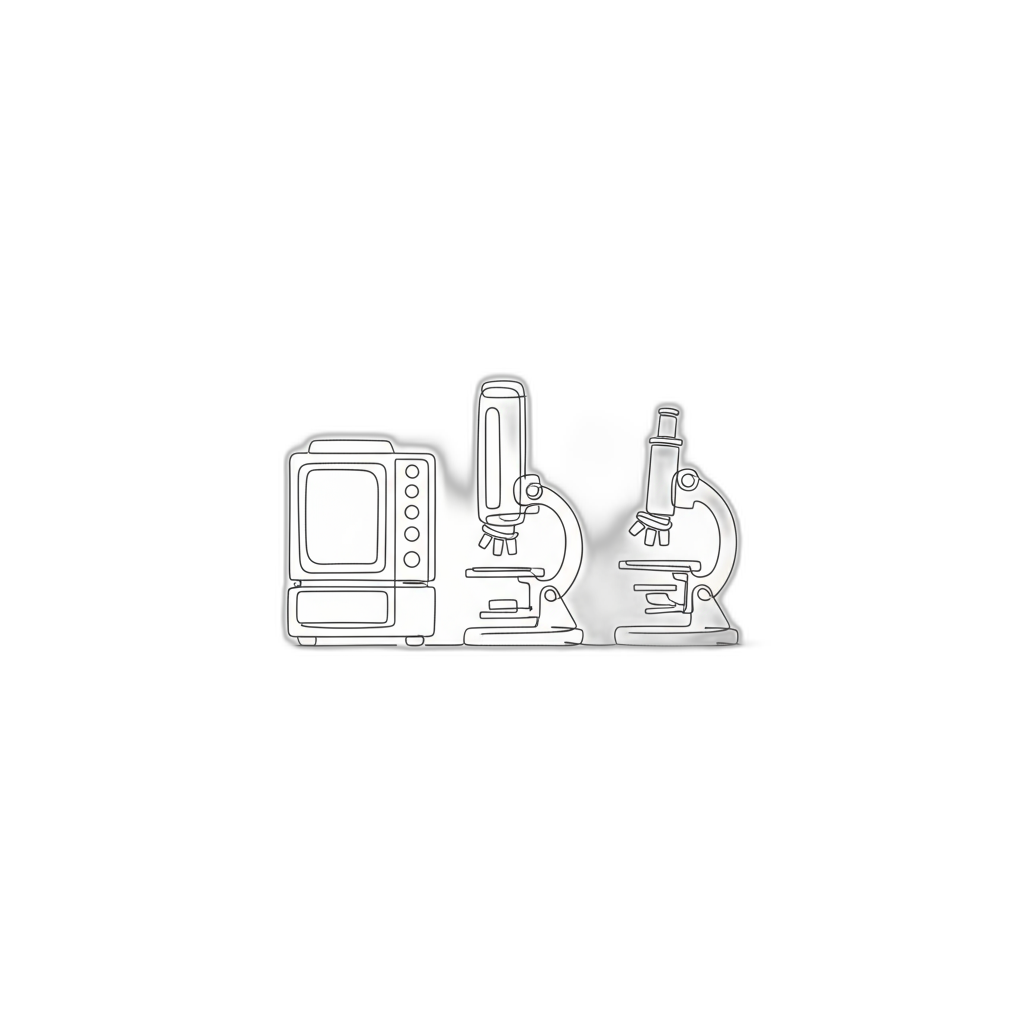

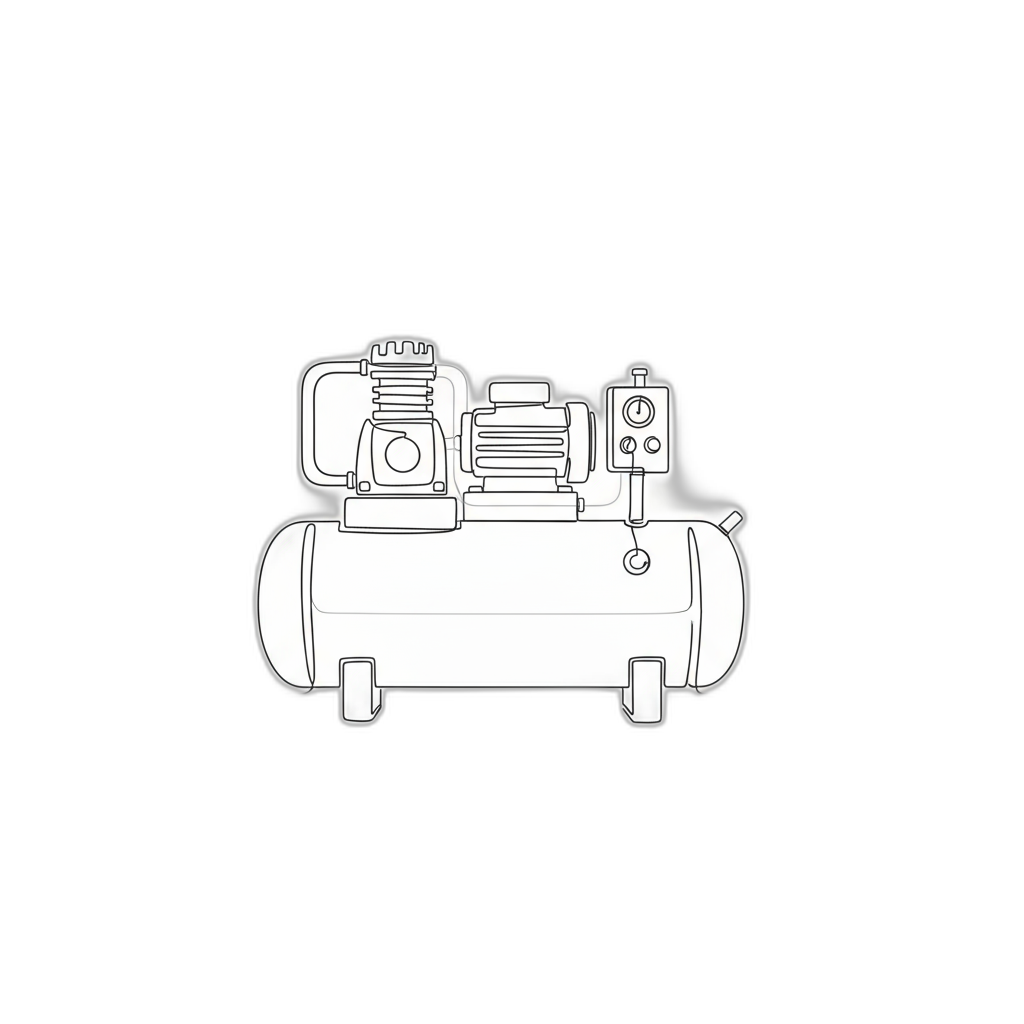
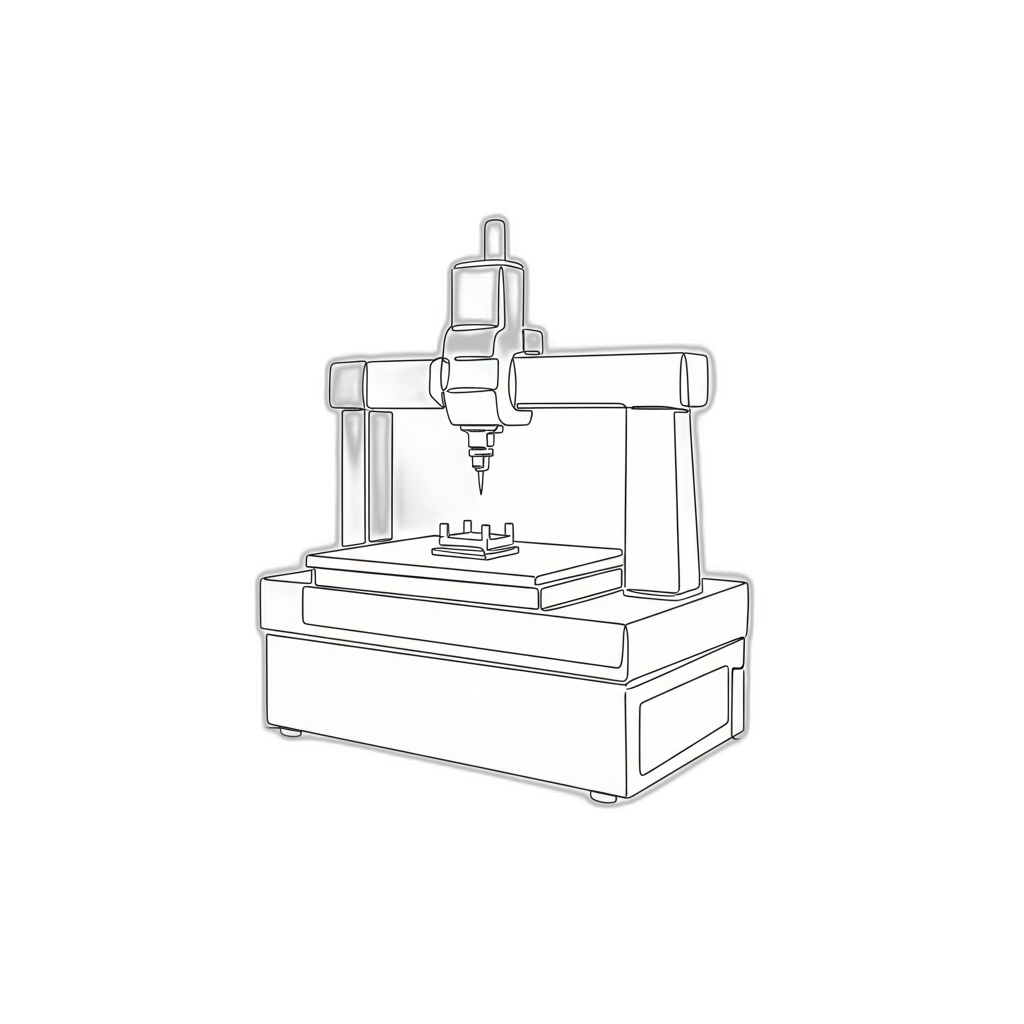
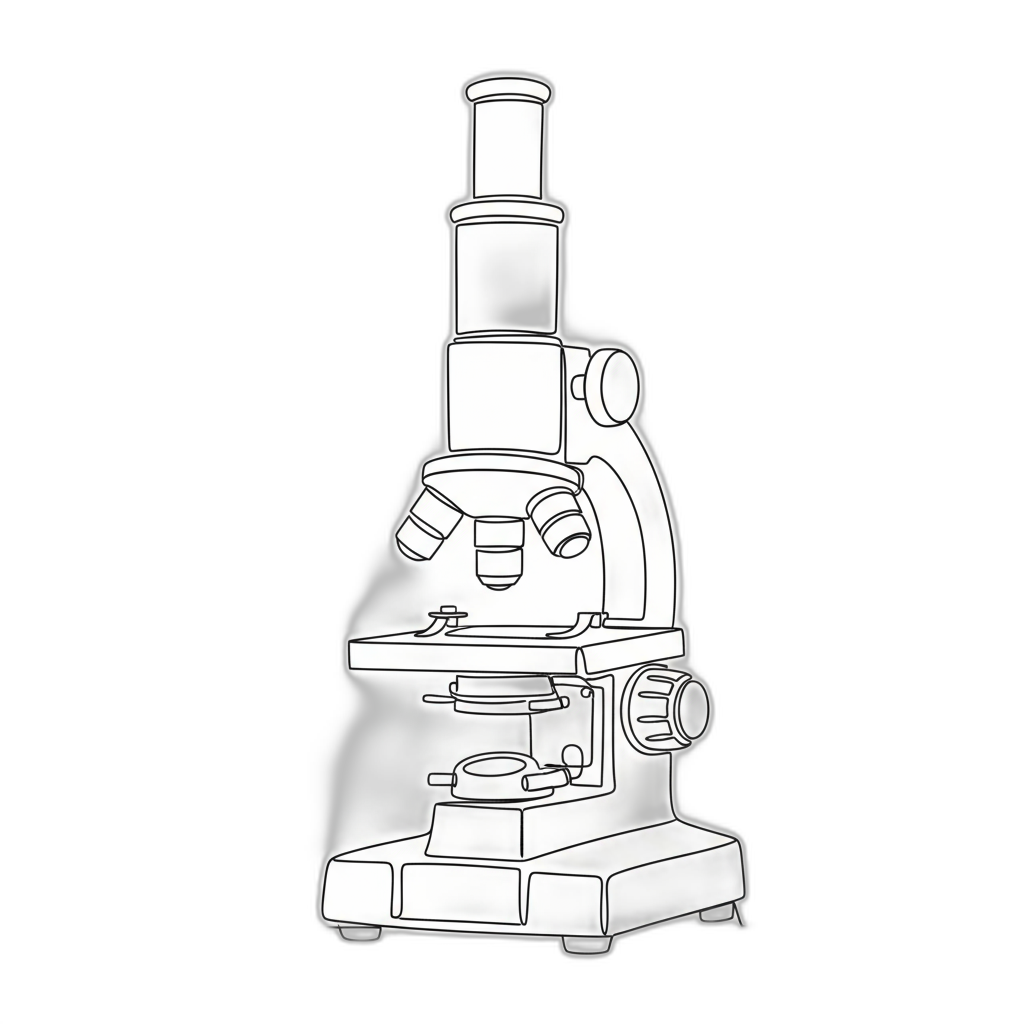
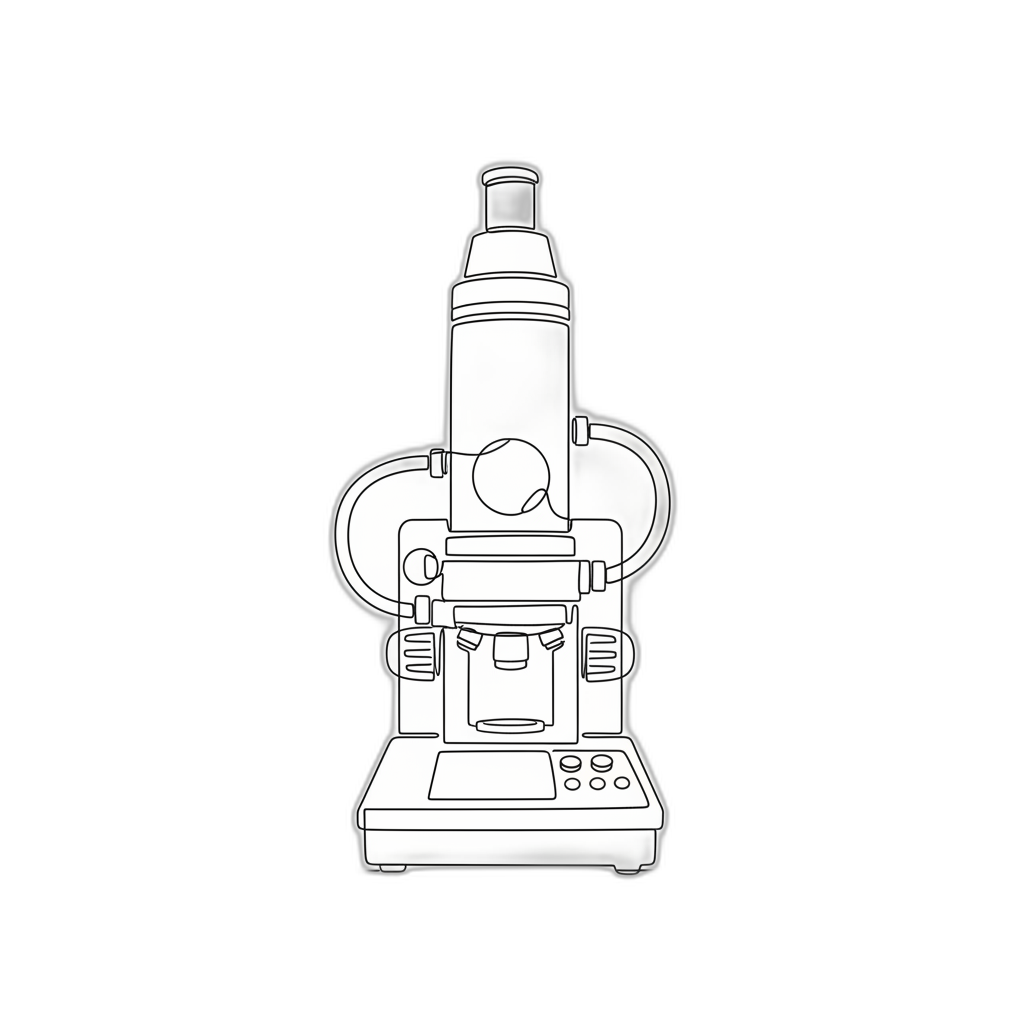
.svg)










